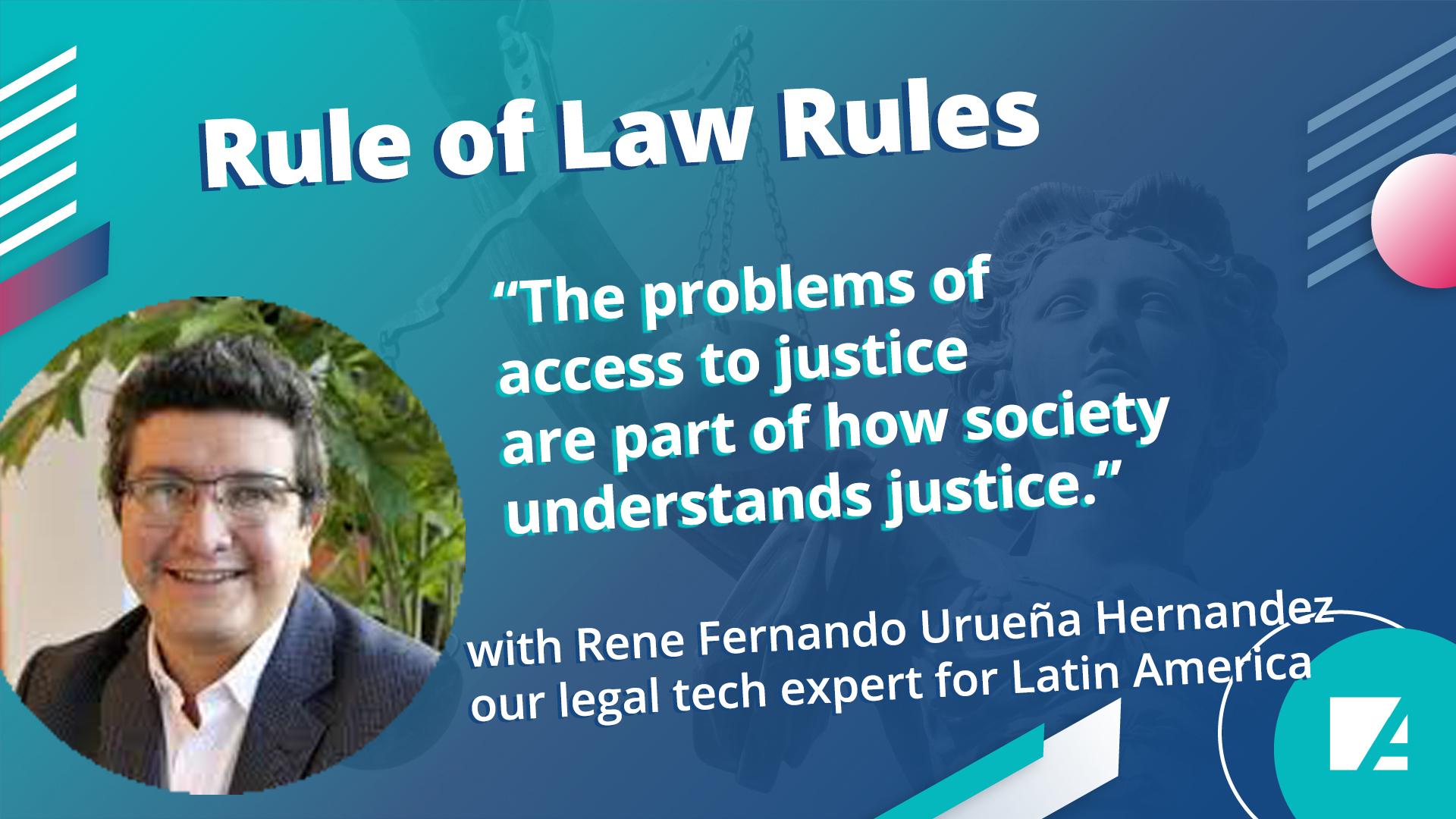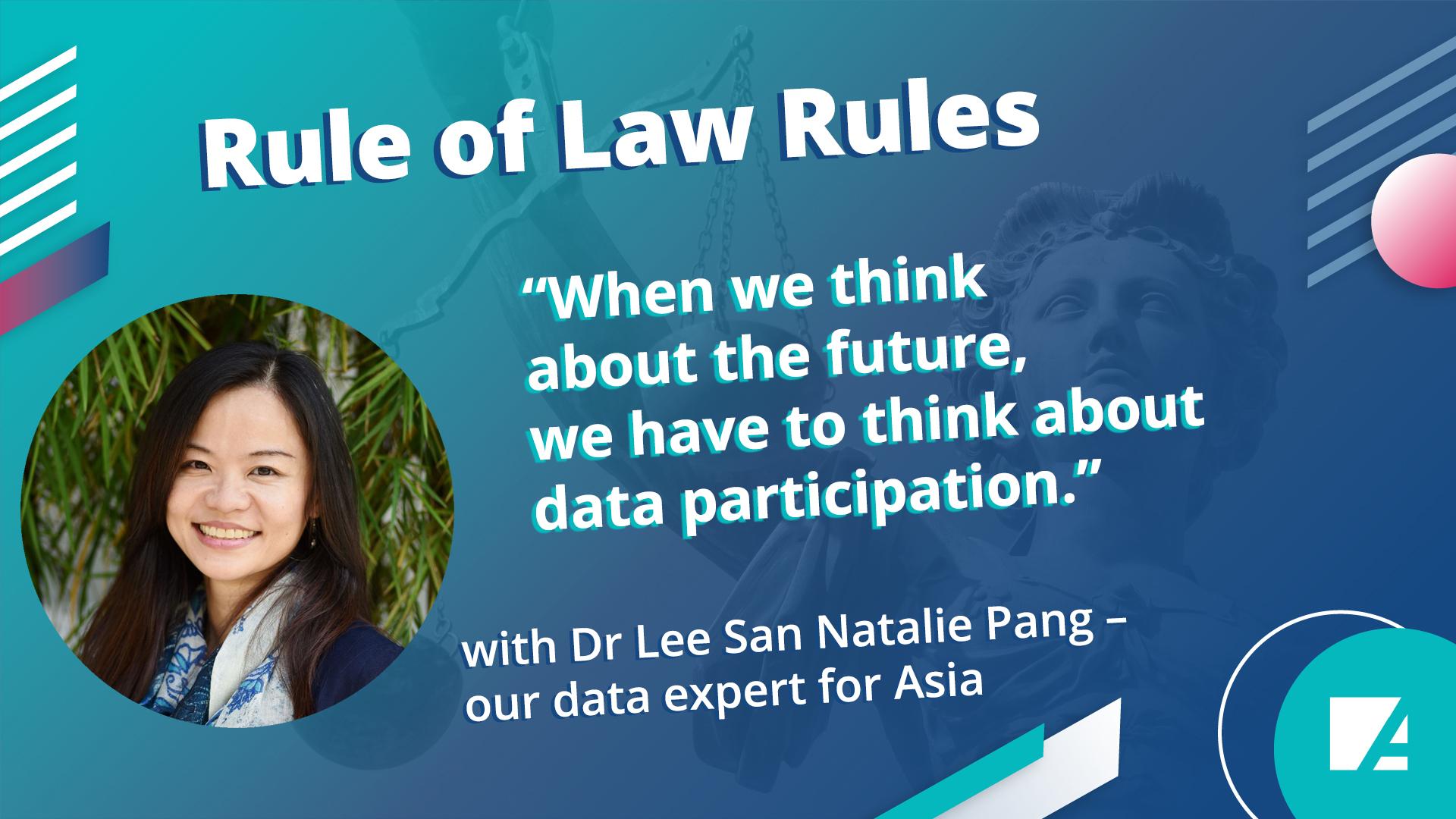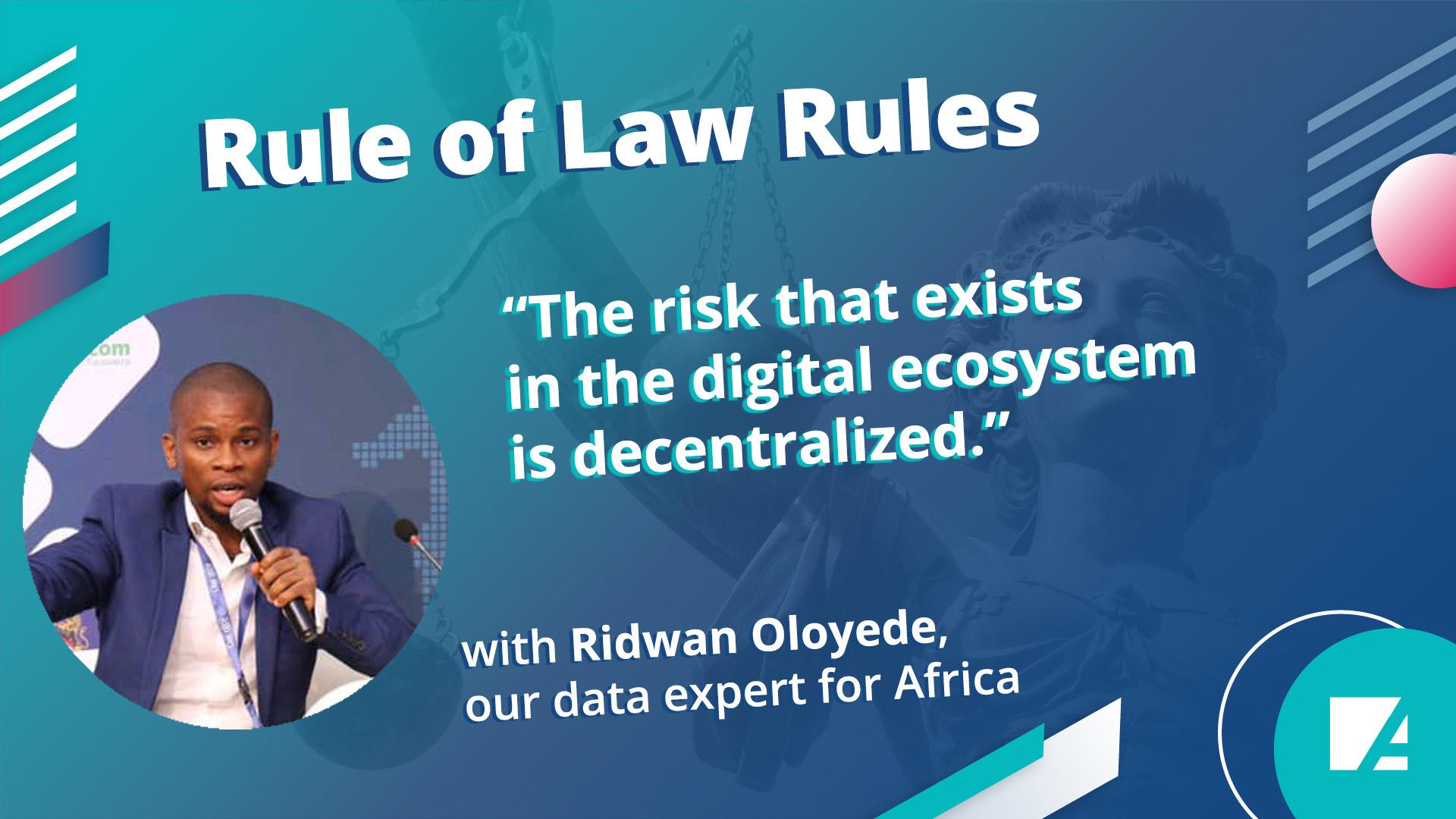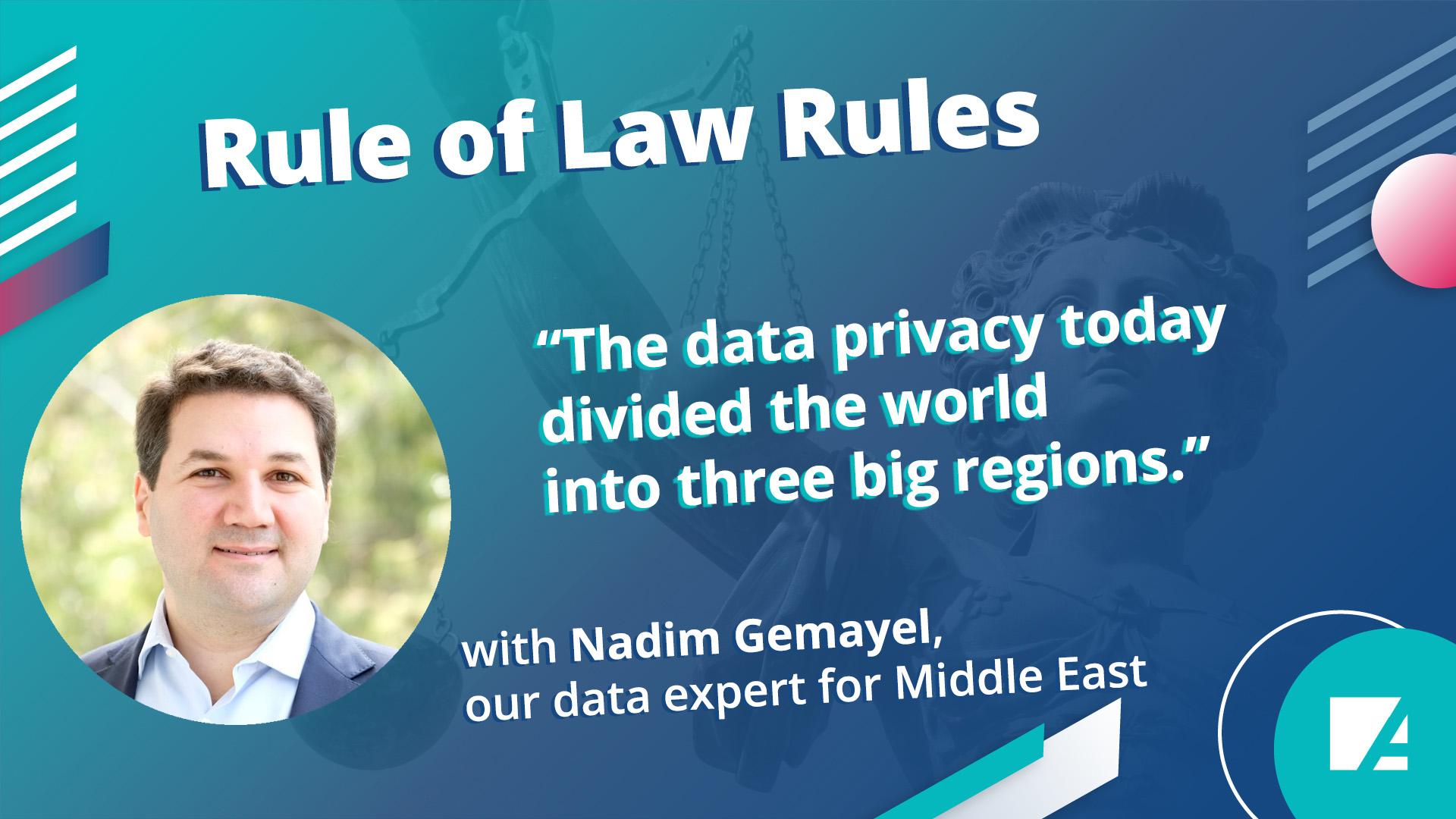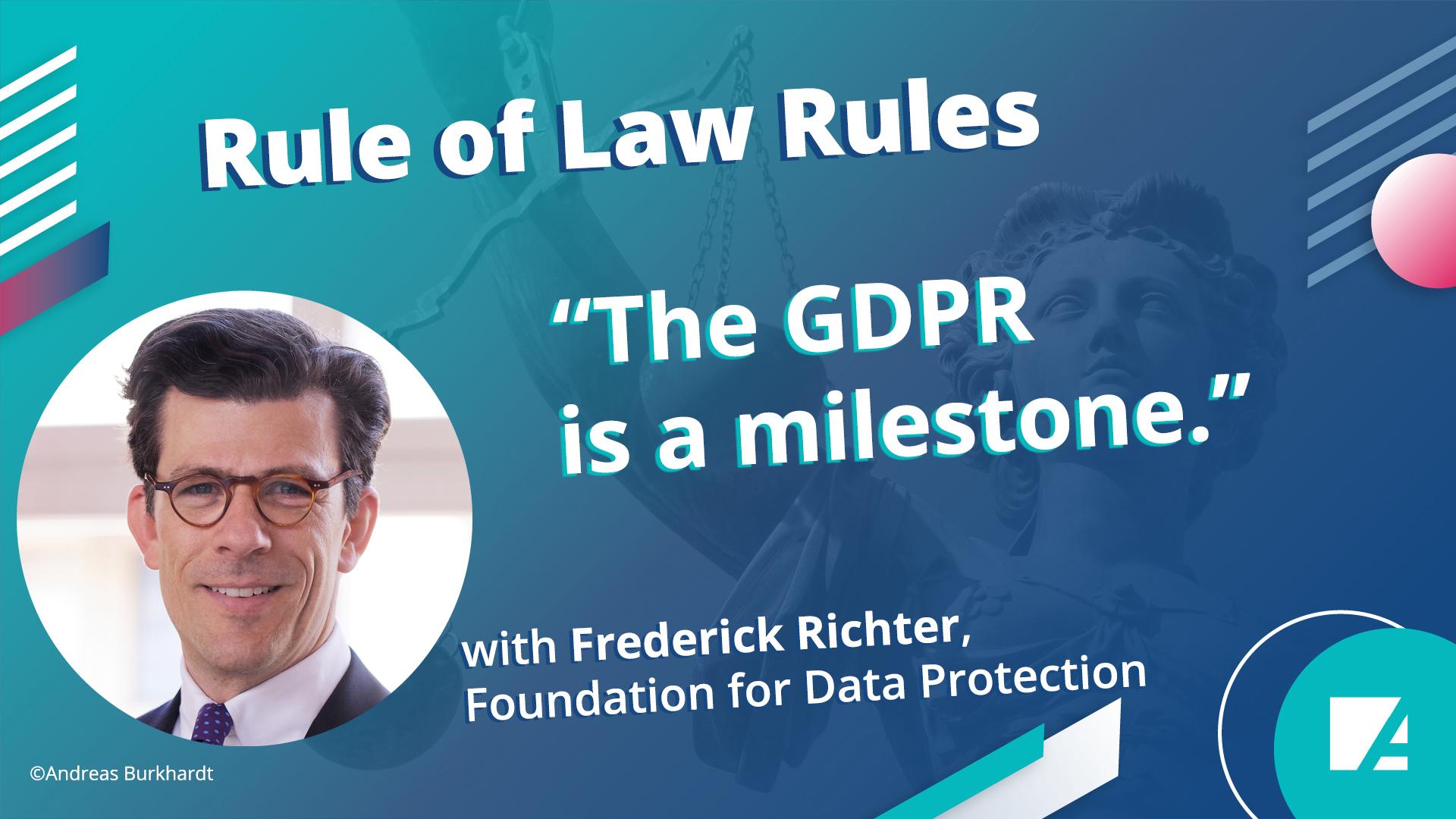EDITORIAL
"All intelligent thoughts have already been thought; what is necessary is only to try to think them again."
- Johann Wolfgang von Goethe
On that promising note, the Konrad-Adenauer-Stiftung Rule of Law Programme is delighted to present Rule of Law: Perspectives from Asia, a collection of articles by Asian and European scholars on different topics that is only a small reflection of the kaleidoscopic perspectives we have seen since when the programme was first instituted in Asia.
The Konrad-Adenauer-Stiftung is a German political foundation which has, for over 50 years, committed itself to the promotion of democracy, international co-operation and development.
The Rule of Law Programme Asia, launched in 2005, is one of the five regional programmes of the Konrad-Adenauer-Stiftung that is dedicated exclusively to the development of rule of law worldwide. Our cover illustration indicates the specific region that our programme is focused upon. The importance of promoting Rule of Law in this region cannot be underestimated for its sheer population size and density and the geo-cultural diversity it encompasses within it. In fact, we would like to mention an interesting a map that can be found on a popular website in social media in a post titled “40 Maps That Will Help You Make Sense of the World”. One of the maps in there draws a circle around the very same countries of Asia that our programme is dedicated to and highlights that the encircled region has more people living inside the circle than outside of it. This poignant fact reinforces the need and belief that Asia, especially South Asia and South-east Asia is where promoting strong institutional mechanisms and governance shall have its furthermost impact.
As we near a decade of partnerships and collaborations on a variety of issues ranging from Judicial reform to the development of Constitutionalism in South-east Asia to Human Rights and media advocacy in the ASEAN region to Climate Change, the time has come to take a bird’s eye view on the work and progress of the Rule of Law programme. Towards this end, we felt the need to compare the diverse legal systems within the region from both an Asian and European perspective. Thus this publication was conceptualized inviting legal scholars from Asia and Europe, many of whom are our partners in several key projects, to share their thoughts on any issue encompassing the ‘rule of law’ in Asia.
However, it is seen that defining the term ‘rule of law’ is not a simple basic premise that everyone agrees upon. Legal scholars across the globe agree only on one aspect; that it is an ‘essentially contested concept’ discusses Prof. Mahdev Mohan and his co-authors Jenny Holligan and Lan Shiow Tsai in “Rule of Law in ASEAN – From ‘Competing Conceptions’ Toward a Common Conceptual Framework.” The article further discusses the various competing theories of what the term ‘ought’ to be vis-à-vis what it has become, but asserts that for it to have meaning in ASEAN, it must be independently framed, have benchmarks for assessment and be analysed in the context of its real-world implementation. In addition to the various theoretical frameworks and enumerating four central principles of Rule of Law in ASEAN, the article also discusses how the ‘ASEAN framework’ for Rule of Law is being applied in the on-going trials at the Extraordinary Chambers in the Courts of Cambodia (ECCC).
How robust the mechanisms instituted by the ASEAN for the development of rule of law are, is a contentious question as illustrated by Prof. Harry Roque in ‘Parcon vs. Republic of the Philippines: A Challenge For a Relevant ASEAN Human Rights Mechanism.’ Prof. Roque argues that when the ASEAN Inter-Governmental Commission on Human Rights (AICHR) did not act upon the first ever communication made to it in January 2010 by the heirs of the journalists killed in the Ampatuan massacre, it has violated its own Terms of Reference. The article raises some critical questions on the feasibility and implementation of protection of Human Rights within the ASEAN framework.
The World Justice Project Rule of Law index has asserted that “the rule of law is the foundation for communities of opportunity and equity- it is the predicate for the eradication of poverty, violence, corruption, pandemics and other threats to civil society.”
For a concept, this would make the rule of law an onerous and tough proposition for any country, especially a ‘new democracy’ to achieve. Moreover, in a region as vast and culturally heterogeneous as Asia, the programme is aware that a uniform method and process to our project work in achieving this goal is both limiting and short-sighted.
Thus, how far-ranging and ideologically flexible the programme’s scope of work is, ought not to surprise many of our readers.
Judicial reform, the role of the judiciary in guaranteeing the fundamental rights of citizens and the measures a government must take in order to ensure the highest degree of judicial independence, has been a key focus area of the Rule of Law programme since its inception.
Prof. Karl- Peter Sommermann in ‘The Right to Access to the Administrative Jurisdiction’ offers a theoretical and comparative discourse on the concept of rule of law and its influence in development administrative law and jurisdiction. Taking illustrative examples of England, France and Germany the article enumerates the benefits and limitations of these courts and the likely role and impact they could play in national and sub-national governments in Asia.
Here, we also have two articles discussing two separate aspects of judicial reform in two countries which are the fastest growing economies of Asia, i.e. India and Indonesia.
In ‘Judicial Review in India- Judicial Activism or Judicial Over-reach’ Prof. M.K. Balachandran discusses that the increased scope of the Judiciary in India in recent times in the form of ‘judicial activism’, while having been deemed necessary for cases of human rights abuse and wide-scale corruption in India; the Supreme Court must also tread with caution to avoid ‘judicial over-reach’ which undermines the doctrine of separation of powers, established by the Court as the ‘basic structure’ of the Indian Constitution.
Whereas, in Indonesia Dr. iur. Sebastian Köbler after tracing the history and organizational structures of the apex judiciary i.e. the Supreme Court and the Constitutional Court, brings to light on how despite the scope of judicial review for both courts being demarcated by defined powers and functions, has often led to conflict of jurisdiction and delay in administering justice.
Any discussion on rule of law in Asia would be incomplete without touching upon the aspects of democratic reform measures in China. Notwithstanding, the geo-political significance of the People’s Republic of China in ‘Democracy with the Chinese Characters? The Role of the People’s Congresses in China’ Prof. Qianfan Zhang asks a fundamental question of the efficacy of the institutions made supreme in order to fulfill the Communist promise that ‘people’ shall reign in the ‘People’s Republic of China’. Prof. Zhang maps out the constitutional powers, the organizational structure and the legislative processes of the National and Local People’s Congresses (NPC and LPC) and concludes with some recommendations on how to prevent them from remaining mere ‘rubber-stamps’ of the ruling Chinese Communist Party.
Finally, in keeping with the Federal Government of Germany’s energy and environmental policy which in the last five years has seen a renewed focus, the Konrad-Adenauer-Stiftung and the Rule of Law Programme has launched several projects on Climate Change, Environment and Energy. Since 2011, the programme has developed a strong network of Alumni lawyers and academicians who have focused on developing stronger environmental legislations within Asia. One amongst them, Prof. Noriko Okubo in “Climate Change Policy in Japan: the Role of Local Initiatives and Voluntary Approaches” has highlighted the several voluntary and local approaches taken by Japan towards a reform in Climate Change policy. The unprecedented nuclear accident in Fukushnima has caused several governments, including the German Government to re-conceptualize approaches to renewable and sustainable energy. Drawing from the Japanese model before and after the accident, leaves us readers with many questions for some serious thought which shall be the continued focus of our programme is the years to come.
Let me take this opportunity to thank the authors for their contributions and support towards this publication. Your patience and kind understanding is truly appreciated. I also thank Ms. Anna Willert, a legal intern at the Rule of Law programme for translating the article by Dr. Sebastian Köbler from German to English and Mr. David Grebe, our former legal intern for his assistance in proof-reading the articles.
A special word of thanks to Ms. Chiteisri Devi, the Research Associate at our office in Singapore for editing and proof-reading the articles, creating the cover illustration and coordinating the logistics to make this publication happen.
Marc Spitzkatz
Singapore, September 2013



